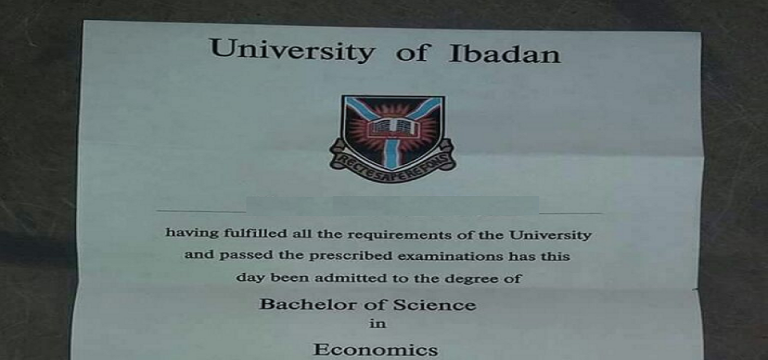
It was alas narrated: A 3rd class student who built a military grade drone for the Nigerian Army could not be employed by the Army because the condition of service does not permit the military to employ a 3rd class student!
Another sad one in the series of “sad tales in the Nigerian labor market.” And it beckons the question: what matters in the Nigerian labor market, certificate or skills?
A job vacancy for a driver once listed Honorary National Diploma (HND) as the required qualification. Another opening for a cleaner listed O’level certificate. An applicant for a bartender posting was required to tender some certificates, and the list goes on. In fact, it cuts across every field of employment not just white collar jobs.
Register for Tekedia Mini-MBA edition 19 (Feb 9 – May 2, 2026): big discounts for early bird.
Tekedia AI in Business Masterclass opens registrations.
Join Tekedia Capital Syndicate and co-invest in great global startups.
Register for Tekedia AI Lab: From Technical Design to Deployment (next edition begins Jan 24 2026).
The certificate-based judgement of one’s ability to fulfill a task has become the basis for efficiency and inefficiency in Nigeria. People who possess the ability to do jobs effectively are denied the jobs because they don’t have the certificates. Those who have the certificates and lack the needed skills are employed to the detriment of the jobs.
Others who have neither the skill nor the certificate have secured jobs the easiest way they can – certificate forgery. Because in many places, that’s the only thing that counts.
The number of certificate forgery cases in Nigeria is increasingly alarming, even among public office holders. Many have been sacked by courts because of certificate forgery. Since 2012, about 5 000 teachers have been sacked over certificate forgery. And that has put a challenge on where qualification for jobs actually lies. Is it on the ability to perform the needed task or possession of proof of school attendance?
The Presidential Petition Tribunal (PEPT) recent ruling on the qualification for the most important office in the country has, in a way, discredited the certificate norm that has ruled the labor market for so long. If the president doesn’t need a certificate to rule a country of 200 million people, why should a (drone maker) graduate be denied employment just because he has a 3rd class?
It is nothing but stigmatization that empowers the under-skilled, and relegates the skilled to wastefulness, all to the detriment of effective labor force.
In developed countries, employers look for skills and abilities: they always ask: what can you do? What skills do you have? And that’s what matters most. A popular quote of Bill Gates comes to mind here:
“I failed in some subjects in exam, but my friend passed in all. Now he is an engineer in Microsoft but I’m the owner.” Bill Gates.
The things that may contribute to lack of certificate, low grade or class will not hinder the skill or the ability that one possesses. And it should not hinder the opportunity to practice what one knows.



